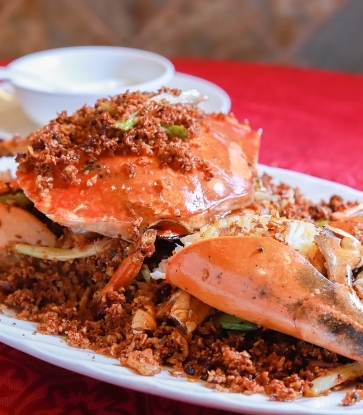Every coffee lover will wax lyrical about the aroma and full body of a good fresh cup of hot coffee. Be it the acidity of a single origin Columbian espresso shot or the fruitiness of a Kenyan pour over, a little heat is always needed to nudge your morning cuppa awake and draw out its full flavours.
While espresso-based drinks use a combination of time, high heat and pressure to create a cup of full-bodied coffee, extracting the same flavours can be done without the fancy coffee machines too. What you'll need, though, is plenty of patience.

While it might seem more convenient to grab a bottle of cold brew off the shelves at the nearest cafe, one of the best parts about making your own — besides the immense satisfaction you feel, of course — is being able to control the caffeine levels. As this is determined by the ratio of water to beans and the duration of brewing (the ration is usually 6ml/gram of coffee, or 1l to 167g of coffee, brewed in room temperature up to 24 hours), tweaking the ratios means a customised blend just right for your palate.
There are all sorts of equipment for making cold brew, but they all fit into two categories: full immersion and drip.
For full immersion, what you'll use is basically a jug with a filter and a hole in the bottom. Just grind your coffee (pretty coarse), add water, and then wait for 12 to 24 hours.

No fancy equipment? Meese shares how anything that holds water can be used to make cold brew via the full immersion method. "The only other things you need are coarsely ground coffee, a filter and 12 to 24 hours," he shares.
A French press also makes for a good ad hoc cold brew-maker. Just fill the press with coffee and water, press the plunger down a little bit so that all of the coffee is in the water, wait for 12-24 hours, press the plunger down, pour it into a bottle, and put it in the fridge.
"As always, start with good coffee beans. We all may have different preferences on taste, but shoot for locally roasted, and fresh beans, as after 30 days the nuance of any of the beans is going to fade," says Meese.













